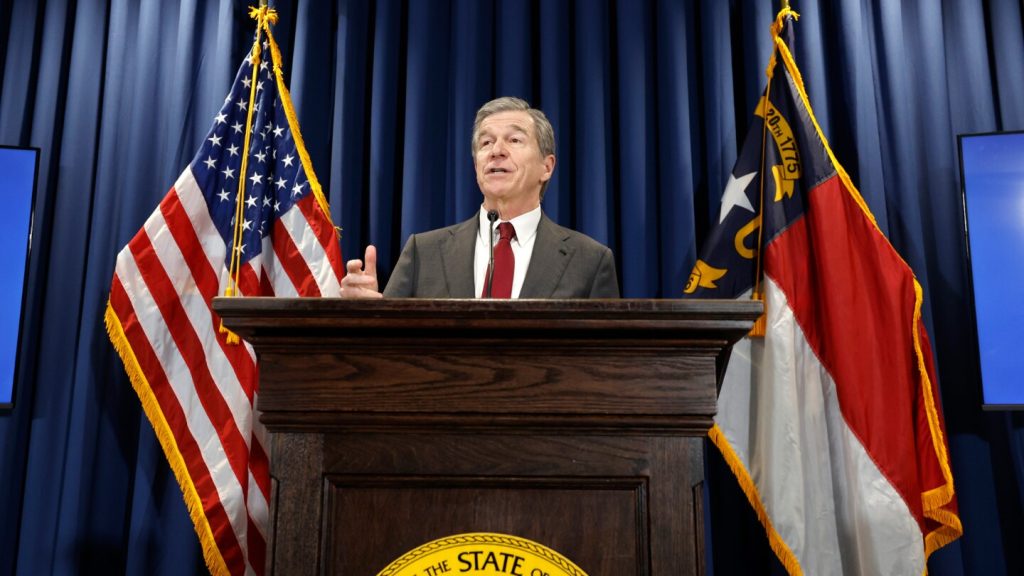The state of North Carolina has downgraded its projected revenue surplus through mid-2025 by $430 million, citing lower than expected April 15 individual income tax payments due to recent business tax changes. Despite this adjustment, the state still expects nearly $1 billion more to enter its coffers. The consensus forecast now indicates an overage of $188 million for this fiscal year, with an additional $799 million expected next year. The state’s economic outlook remains unchanged, according to the Office of State Budget and Management and the legislature’s Fiscal Research Division.
Economists had warned of a potential forecast revision if April collections deviated significantly from estimates, which happened due to higher-than-anticipated personal income tax refunds and lower final payments. A 2022 tax change that allowed certain corporations and partnerships to pay state taxes likely led to some duplicate payments. Despite the downward revision, the state’s long-term growth is not expected to be affected. It remains to be seen how this adjustment will impact additional spending or a potential income tax rebate as the General Assembly meets to adjust the budget’s second year.
The April forecast served as the basis for Democratic Governor Roy Cooper to present his budget adjustment proposal last month. Additionally, Republicans gained confidence in advancing a measure to help children seeking scholarships to attend private schools by setting aside $463 million. Cooper is opposed to the larger Opportunity Scholarship program, but the bill only needs one House vote to be sent to him for approval. Republicans are also considering requests from the business community and advocates for children to address the upcoming loss of federal money for grants designed to help child care centers during the COVID-19 pandemic.
Senate leader Phil Berger mentioned that GOP leaders are considering whether it makes sense to provide widespread tax rebates this year. The cost of giving even $500 to every household could amount to billions, so the decision will be carefully considered. Cooper stated on social media that state economists have indicated there is a surplus to raise teacher pay and urged legislators to invest in public schools rather than taxpayer-funded private school vouchers for the wealthy. The budget-writing process will continue as legislators weigh various requests and make decisions on how to allocate the additional funds in the state budget.


